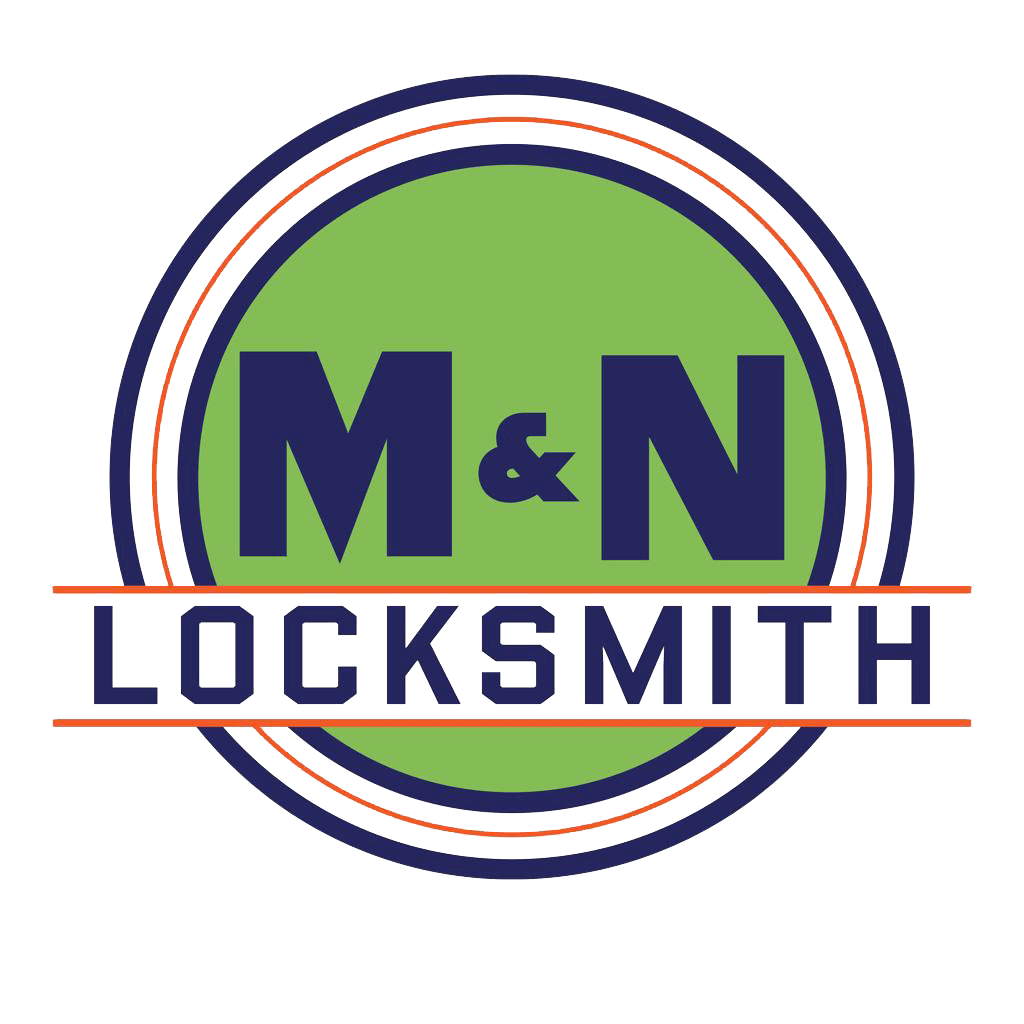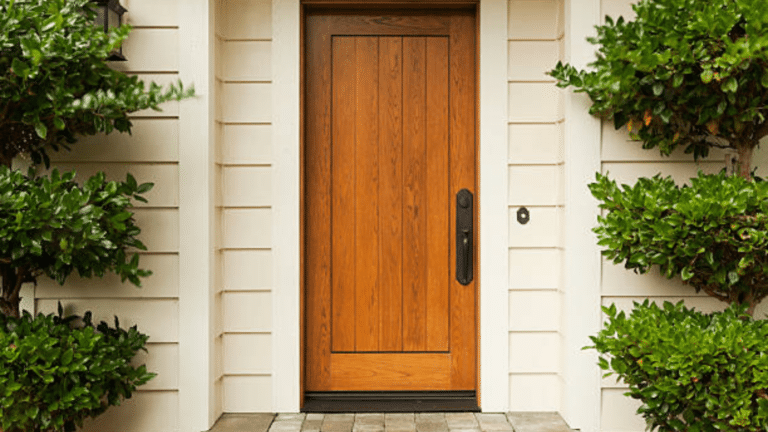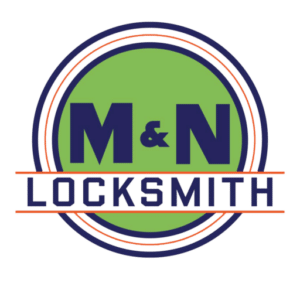The best course of action is to contact a professional locksmith. Locksmiths specialize in gaining entry to properties safely and efficiently, using specialized tools and techniques to unlock doors without causing damage. Many locksmiths offer emergency services and can be available around the clock to assist with lockouts. It’s essential to choose a reputable locksmith with proper licensing and credentials to ensure quality service and avoid potential scams. Additionally, if you’re renting the property, you may want to contact your landlord or property manager to see if they have a spare key or can arrange for assistance.
In this article, we will share with you the following;
- Assessing The Situation
- Who To Call If Locked Out Of House
- Locksmiths: The Go-To Professionals For Lockouts
- How To Choose A Reliable Locksmith
- What To Expect When You Call A Locksmith
- Alternatives To Locksmith
- DIY Methods For Getting Back Inside If Locked Out Of House
- Tips For Preventing Future Lockouts
Assess the situation: Are you truly locked out?
Before you start panicking, take a moment to assess the situation. Are you sure that you are locked out? It’s not uncommon for people to think they are locked out when, in fact, the door is just jammed or the lock is malfunctioning. Check all the doors and windows to see if any of them are open or can be easily accessed. Sometimes, a simple solution is right in front of you. If you’re confident that you are indeed locked out, then it’s time to consider your options.
Who to call if locked out of your house
When you find yourself locked out of your house, the first person you should call is a professional locksmith. Locksmiths are trained experts who specialize in dealing with lockouts and can help you regain access to your home quickly and efficiently. They have the necessary tools and knowledge to handle a wide range of locks, ensuring minimal damage to your property. Locksmiths are available 24/7, so no matter the time of day or night, you can rely on their services.
Locksmiths: The go-to professionals for lockouts
They possess the skills and expertise required to handle a variety of lock and key issues. Whether you have a traditional lock, a smart lock, or a high-security lock, a locksmith will have the necessary tools and knowledge to get you back inside your house. They can also provide additional services such as key cutting, lock replacement, and security system installation, making them a one-stop solution for all your locksmith needs.
How to choose a reliable locksmith
Choosing the right locksmith is crucial to ensure a smooth and hassle-free experience. Here are a few tips to help you find a reliable locksmith:
- Research: Start by researching locksmiths in your area. Look for reputable companies with positive reviews and ratings.
- Credentials: Check if the locksmith is licensed, insured, and certified. This ensures that they have undergone proper training and meet industry standards.
- Experience: Consider the locksmith’s experience in handling lockouts. An experienced locksmith will have encountered a wide range of lock-related issues and will be better equipped to handle your situation.
- Availability: Make sure the locksmith offers 24/7 emergency services. You never know when you might need their assistance, so it’s essential to choose a locksmith who is available around the clock.
By following these guidelines, you can select a reliable locksmith who will provide you with professional and efficient service.
What to expect when you call a locksmith
When you call a locksmith, it’s important to know what to expect to ensure a smooth process. Here’s what typically happens when you contact a locksmith:
- Initial conversation: The locksmith will ask you a few questions to understand your situation better. They may inquire about the type of lock, the brand, and any specific issues you are facing.
- Arrival time: The locksmith will provide you with an estimated arrival time. In most cases, they strive to reach your location as quickly as possible, especially during emergencies.
- Assessment: Upon arrival, the locksmith will assess the lock and determine the best approach to resolve the issue. They may need to examine the lock closely, ask you a few additional questions, or use specialized tools to gain entry.
- Resolution: Once the locksmith has identified the problem, they will work swiftly to resolve it. Whether it’s picking the lock, rekeying, or replacing it altogether, they will use their expertise to get you back inside your house.
- Payment: After successfully gaining entry to your home, the locksmith will provide you with an invoice for their services. It’s important to clarify the charges and payment methods beforehand to avoid any surprises.
Remember, a professional locksmith will always prioritize your safety and security while ensuring a smooth and efficient resolution to your lockout situation.
Alternatives to locksmiths: When to consider other options
While locksmiths are the most reliable and efficient option for getting back inside your house when locked out, there may be situations where you can consider alternative methods. Here are a few alternatives to locksmiths:
- Contact a family member or neighbor: If you have a spare key with a trusted family member or neighbor, reaching out to them can be a convenient solution. They can provide you with access to your house until you find a permanent solution.
- Call a property manager: If you’re renting a property, contacting your property manager or landlord should be your first step. They may have a spare key or be able to arrange for a locksmith on your behalf.
- Check for open windows or doors: As mentioned earlier, double-checking all the windows and doors is essential. Sometimes, you may find an open window or a door that you forgot to lock, providing you with a simple and quick solution.
Consider these alternatives if you’re unable to reach a locksmith immediately or if you have access to spare keys through trusted sources.
DIY methods for getting back inside your house
In some cases, you may be able to regain access to your house using DIY methods. However, it’s important to note that attempting DIY methods without proper knowledge and tools can cause damage to your property or compromise your security. If you decide to try DIY methods, proceed with caution and consider the following:
- Use a credit card: This method works best with older, spring-type locks. Insert the card between the door frame and the lock, angling it towards the latch. Apply pressure and wiggle the card while pushing the door open. This technique requires finesse and may not work with all locks.
- Try lock-picking tools: Lock-picking tools can be purchased online, but they should only be used by individuals with proper training and knowledge. Attempting to pick a lock without experience may damage the lock or worsen the situation.
- Remove the door hinge pins: If the door swings outward, you can try removing the hinge pins using a hammer and a flathead screwdriver. This method requires some force and may damage the door or frame.
While these DIY methods may work in certain situations, it’s important to exercise caution and avoid causing further damage. If you’re unsure or uncomfortable attempting these methods, it’s best to leave it to the professionals.
Preventing future lockouts: Tips for being prepared
Nobody wants to experience the frustration of being locked out of their own house. To minimize the chances of future lockouts, here are some tips to help you be prepared:
- Duplicate keys: Have spare keys made and keep them in a safe place. You can give a spare key to a trusted family member, neighbor, or friend who lives nearby.
- Keyless entry: Consider installing a keyless entry system, such as a smart lock. These locks allow you to enter your house using a PIN code or a smartphone app, eliminating the need for physical keys.
- Routine maintenance: Regularly check and maintain your locks to ensure they are in good working condition. Lubricate them as needed and address any issues promptly.
By taking these preventive measures, you can reduce the likelihood of future lockouts and have peace of mind knowing that you have a backup plan in place.
Conclusion
Being locked out of your house can be a stressful experience, but it’s important to stay calm and take the necessary steps to regain access. Remember to assess the situation, consider calling a reliable locksmith, and explore alternative options if necessary. DIY methods can be attempted with caution, but it’s always best to leave it to the professionals to avoid causing further damage. By being prepared and taking preventive measures, you can minimize the chances of future lockouts and ensure the security of your home. So, the next time you find yourself locked out, remember to take a deep breath and follow the steps outlined in this article. You’ll be back inside your house in no time!
Frequently Asked Questions
1. Can a locksmith open any type of lock?
Locksmiths are trained to handle a wide range of locks, including traditional locks, smart locks, high-security locks, and more. However, some specialized locks may require additional expertise or tools.
2. How long does it usually take for a locksmith to unlock a door?
The time it takes for a locksmith to unlock a door can vary depending on the complexity of the lock, the specific situation, and the locksmith’s expertise. In most cases, a professional locksmith can unlock a door within a matter of minutes.
3. Are locksmiths available 24/7?
Yes, most locksmiths offer 24/7 emergency services. Lockouts can happen at any time, so locksmiths understand the importance of being available round the clock to assist their customers.
4. How much does it cost to hire a locksmith?
The cost of hiring a locksmith can vary depending on factors such as the time of day, the complexity of the lock, and the specific services required. It’s best to contact a few locksmiths and inquire about their rates to get an estimate.
5. Can I prevent lockouts in the future?
While it’s impossible to eliminate the risk of lockouts, you can take preventive measures such as having spare keys, installing keyless entry systems, and maintaining your locks regularly to minimize the chances of being locked out.


